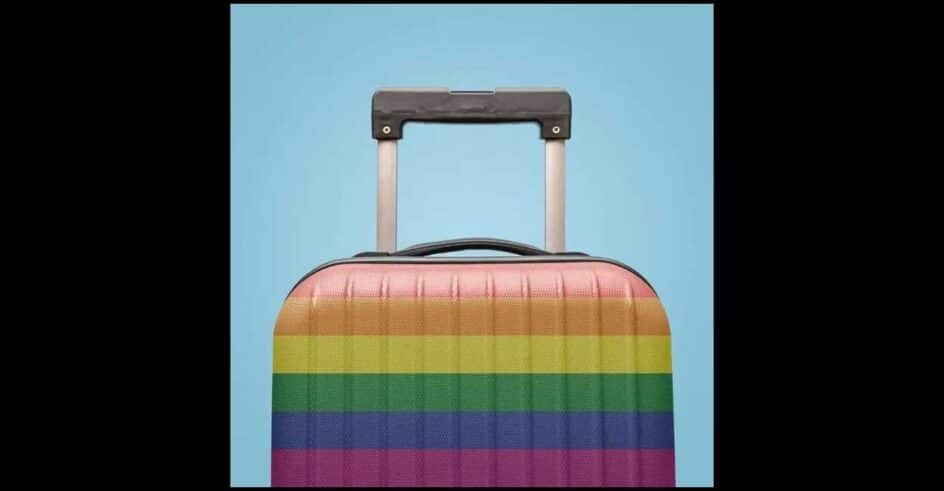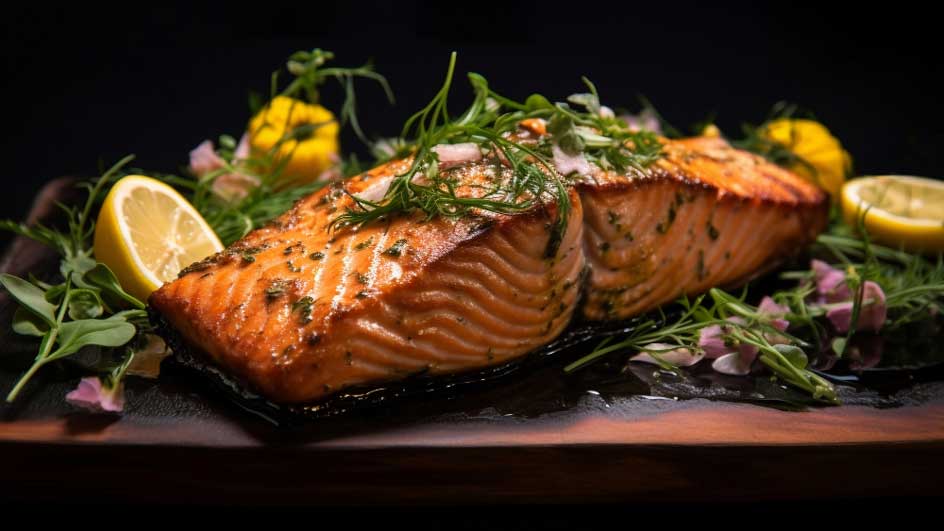On June 26, 2015, the U.S. Supreme Court handed down a landmark decision: In all 50 states, same-sex marriage became legal and constitutionally protected. LGBTQ groups hailed the move as an enormous piece of benchmark legislation, while the ruling drew sharp criticism from some right-leaning conservative states. Today, LGBTQ couples are marrying in all 50 states, and are constitutionally recognized and allowed the same rights and privileges as any other married couple. This is all because of the immense support lgbtq+ flags are receiving throughout the world.
However, while the same-sex marriage remains protected within the U.S., it is not in other countries around the world. In Bermuda, for instance, recent legislation has provided for the rollback of same-sex marriage laws — a move that has drawn the ire of many former and current LGBTQ activists. In response, #boycottBermuda — an effort to press Bermuda to reinstate its progressive marriage laws — burst on the scene, and thousands of LGBTQ supporters canceled their planned trips to Bermuda.
Politics of Travel
For beautiful nations around the world, tourism contributes a massive economic factor. Island destinations like Bermuda, Jamaica and the Virgin Islands rely heavily on continued visitation from wealthy foreigners to boost their economies, and anything threatening these economic pillars will inevitably draw the attention of politicians and voters alike.
Voting with dollars has become a standard of modern activism, from the burgeoning local/sustainable goods revolution to political protests like boycotting Chick-Fil-A or Hobby Lobby.
While the results have been mixed — with some businesses shrugging off the demonstrations or refusing to yield — with enough momentum and lost sales, money is sometimes the best form of political leverage.
Bermuda has seen unprecedented growth in its tourism industry<> between 2016 and 2017, increasing 20 percent in spending, which in turn helped boost an 11 percent growth in its arrivals for the year. Hitting this industry, especially following a year of significant expenditures, will undoubtedly send ripples through Bermuda’s economy. It remains to be seen whether such action will yield any substantive changes. However, not everyone is in favor of the boycott movement.
Opposition
Unsurprisingly, those intimately involved in the Bermuda tourism industry are deeply opposed to the #boycottBermuda movement. Some have cited Bermuda’s comparatively strong track record of supporting LGBTQ rights and the implications of boycotting every country without same-sex marriage laws. At the time of this writing, 26 nations<> allow same-sex marriage, along with certain jurisdictions within Mexico. This list is almost entirely composed of nations within North America, Europe and Australia, heavily restricting travel destinations if tourists decide to apply the #boycottBermuda movement universally.
To note, no nations within Asia — including popular destinations like Japan and South Korea — or the Middle East are on the list. Likewise, only one African nation, South Africa, makes the list, along with a small handful of South American countries.
Others have pointed out the absurdity of canceling trips to Bermuda in favor of other countries with fewer LGBTQ rights in the same region. While Bermuda is unusual in its movement away from same-sex marriage, the country still features a strong track record of protecting the rights of its citizens and tourists. Further, many LGBTQ businesses within the country fall within Bermuda’s tourism industry.
Traveling
Deciding your vacation destination usually is as simple as picking between one beautiful island or another. However, with the growth of consumer activism and the continued struggle for LGBTQ rights around the world, tourism has become one of the greatest bargaining chips for activists. With Bermuda’s recent legislation and its need for economy-sustaining tourism, this small island nation has become an easy target for activist efforts. Time will tell what changes — if any — #boycottBermuda instigates.















